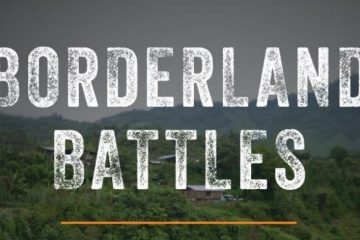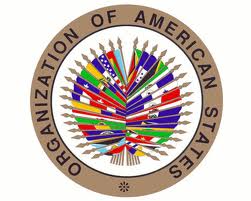
Borderland Battles: Violence, Crime and Governance at the Edges of Colombia’s War
Anette Idler summarizes some of the findings from her new book Borderland Battles, which reveals how violent non-state groups compete for territorial control, co-operate in illicit cross-border activities and replace the state in exerting governance functions in borderlands. Borderlands are like a magnifying glass on some of the most entrenched security challenges of the world. In unstable regions, border areas attract violent non-state groups ranging from rebels and paramilitaries to criminal organisations who exploit their neglect by central governments. These groups compete for territorial control, cooperate in illicit cross-border activities, and substitute for the governance functions usually associated with the state. Studying the Colombian borderlands where armed conflict and organised crime converge demonstrates that the gap between state-centric views on …

Coordination in the Fight Against Transnational Organised Crime in the Americas: another band-aid solution?
In light of last month’s VI Summit of the Americas in Cartagena, Colombia, it seems obvious and commendable that the Secretary General of the Organization of American States (OAS), José Miguel Insulza, would call on the leaders of the region Friday to help coordinate the fight against transnational organised crime. The threat is, he claimed, the “main challenge to security in our hemisphere.” Insulza’s call comes on the heels of the adoption in Cartagena of Mexico’s proposal to create an Inter-American Centre for Coordination against Transnational Organised Crime. It is clear that dealers in drugs, arms and human trafficking (these items increasingly the wares of the same criminal merchants) do not limit their activities to the confines of national borders. And …









